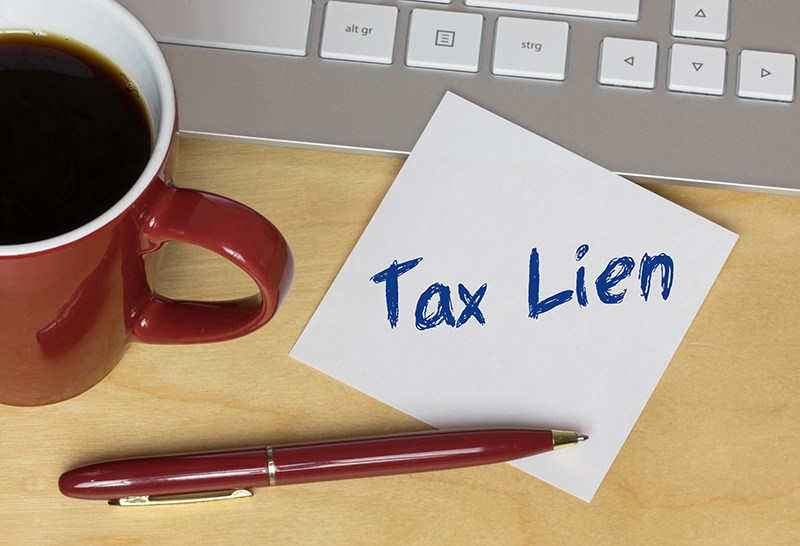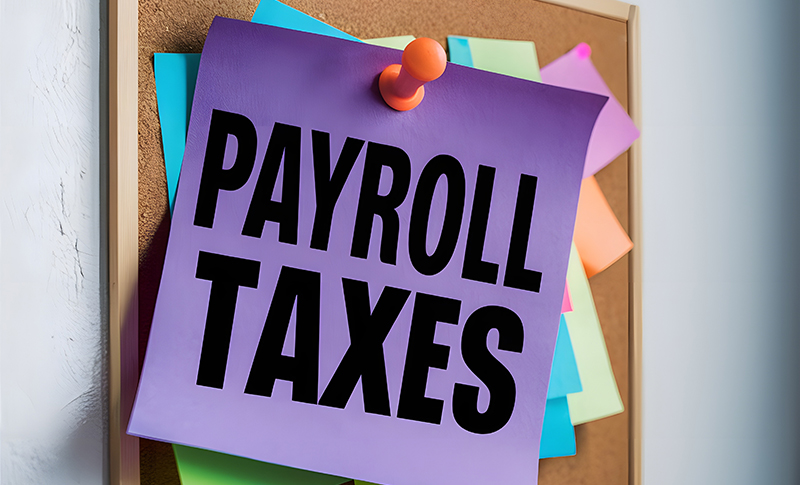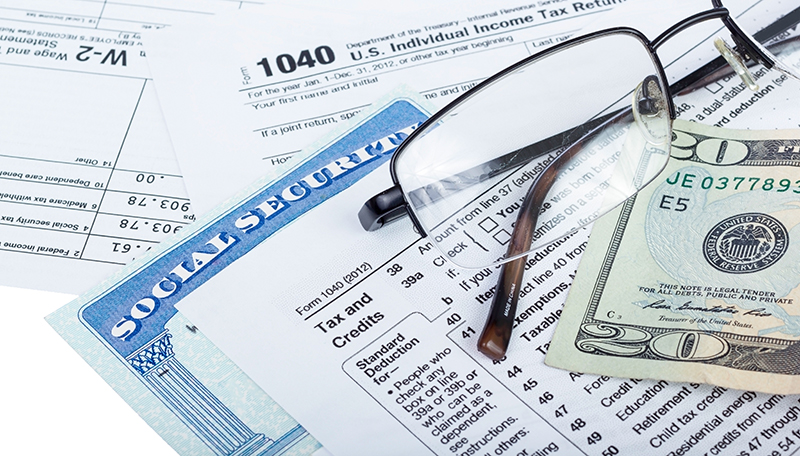Can I deduct the shoes I use for my dog-walking job?
September, 07 2023 by Steve Banner, EA, MBA
The good news about this question is that there are many different expenses that you may be able to deduct in relation to your dog-walking job – but the bad news is that your shoes may not be among them. Please allow me to explain.
The IRS says that all out-of-pocket expenses that are “ordinary and necessary” in your line of work may be deducted from your income. For a dog walker, this would include items such as leashes, harnesses, collars, dog treats, dog toys, and - last but not least - those little plastic bags that always seem to be needed at the most inconvenient moments. All of these expenses are directly related to your work as a dog walker. But whether or not you can claim these deductions depends on several factors.
Did you receive reimbursement for your expenses? You can only claim the amounts that you spent which were not paid back. For example, let’s say you paid $10 for a bag of dog treats before a walk and the dog’s owner later paid you $8 for what was left in the bag after you returned the dog. In this case, your potential deduction would be $2.
Do you work for a boss or are you self-employed as a dog walker? If you work for an employer, the tax law used to allow you to deduct any job-related expenses that were not reimbursed by your employer. However, this deduction was suspended for the tax years 2018 through 2025. On the other hand, if you are self-employed as a dog walker, your unreimbursed ordinary and necessary expenses relating to your work are deductible. This is the good news referred to above.
Now for the bad news.
Generally speaking, the IRS will look favorably on a deduction for work boots or shoes that perform a protective function related to a taxpayer’s job, provided that the boots cannot reasonably be worn outside of a work setting. But dog walking is not an activity that one would usually associate with a need for specialized footwear. It is quite understandable that you would need shoes or boots that are both comfortable and durable when you are pounding the pavement with your pooches. There are many types of athletic shoes and other footwear that would fit this need, as well as being suitable for wear during exercise or other physical activities outside of your work setting. For that reason, a claim for a deduction for dog-walking shoes is unlikely to succeed without some other extenuating circumstance. And this is where there may be a glimmer of hope for claiming a deduction.
One possibility might be that one or more of your canine clients has a chewing habit that causes them to try to munch on your shoes and ankles every time you stop to cross the street. In that case, you may need to protect yourself by buying specialized boots made with special reinforced material that extends up to just below your knees. Boots such as these would not be suitable for wear outside your work setting, and thus they may qualify for a deduction. They also would meet the “ordinary and necessary” rules imposed by the IRS. The need for protective boots would be an “ordinary” one that can reasonably be expected for someone who works closely with dogs. And the boots would meet the “necessary” test because they would be needed to protect both yourself and your clothing from damage.
To summarize our answer to the original question, you may indeed be able to claim a deduction for the shoes you use while doing your job as a dog walker, but only if you are self-employed and can provide evidence of a need for specialized footwear that is not suitable for regular use outside your job. As always, accurate and complete records and receipts would be vital to support your claim in case it was ever questioned by the IRS.





